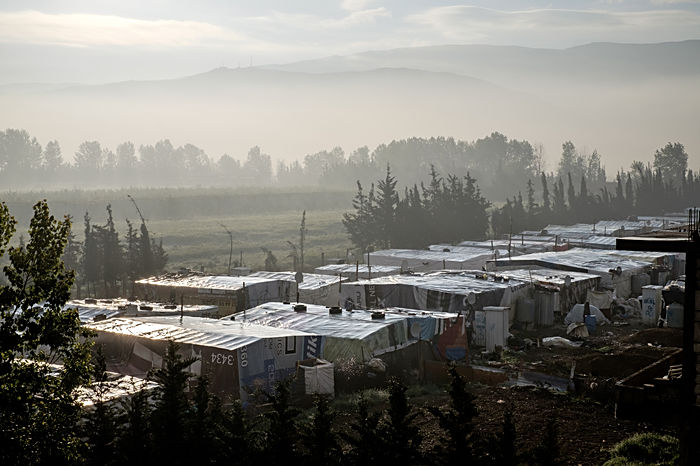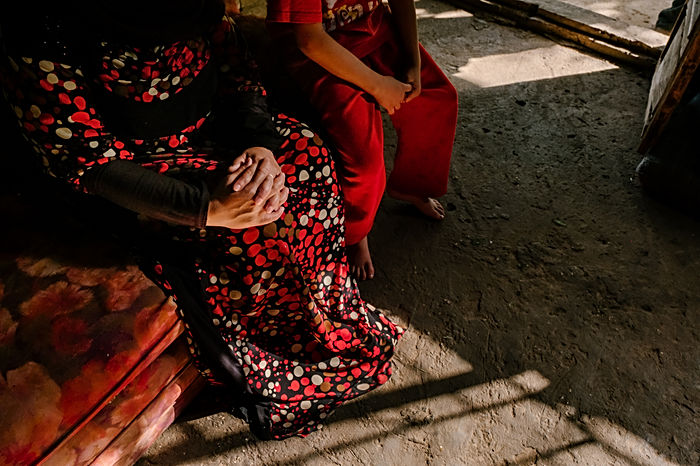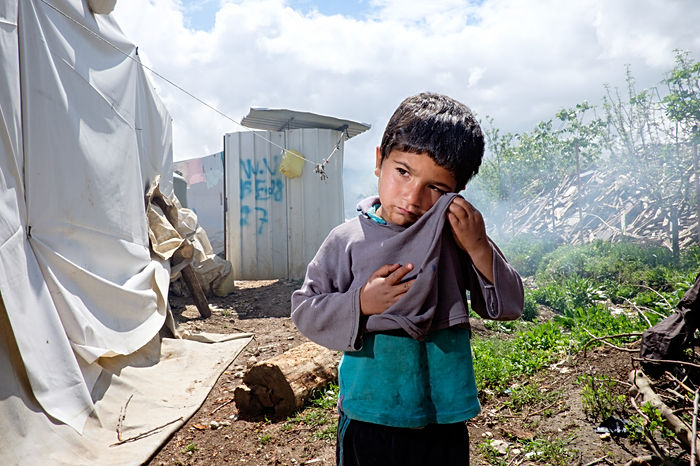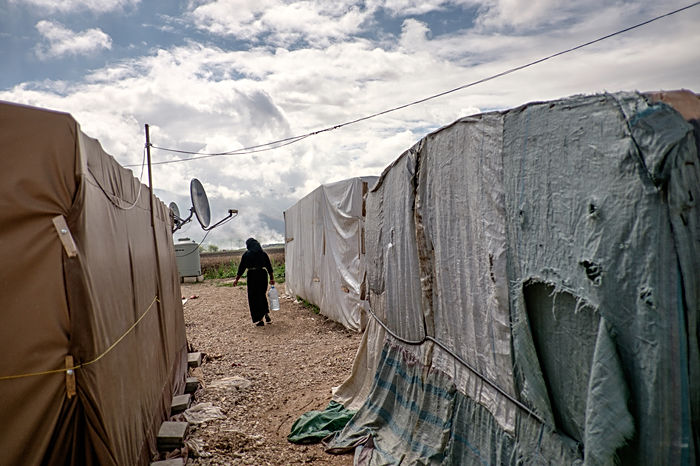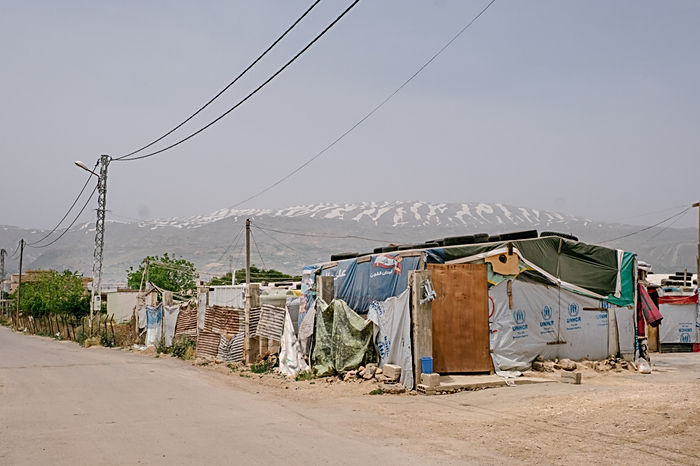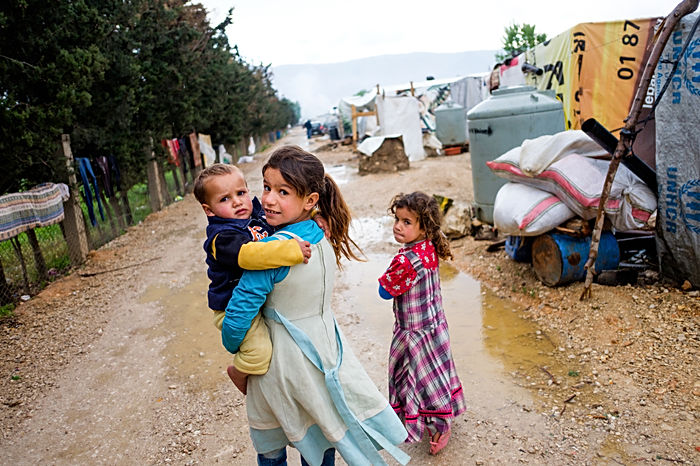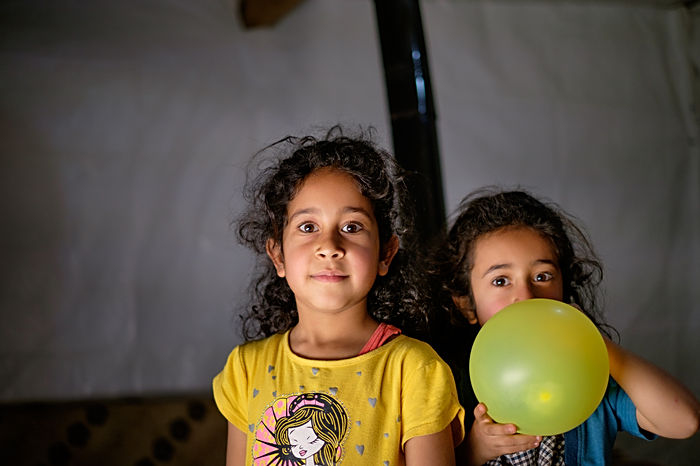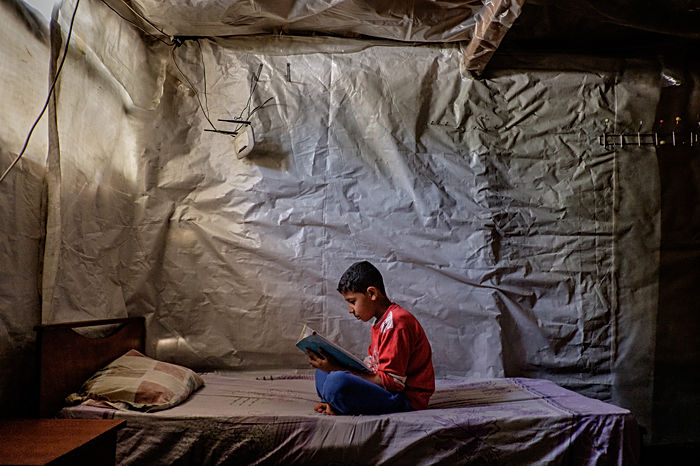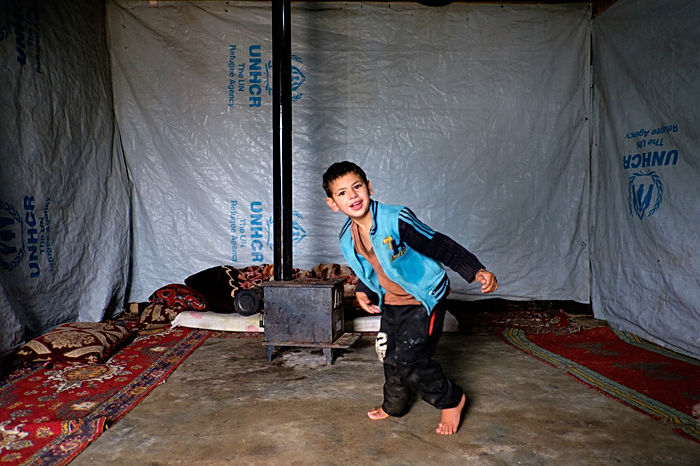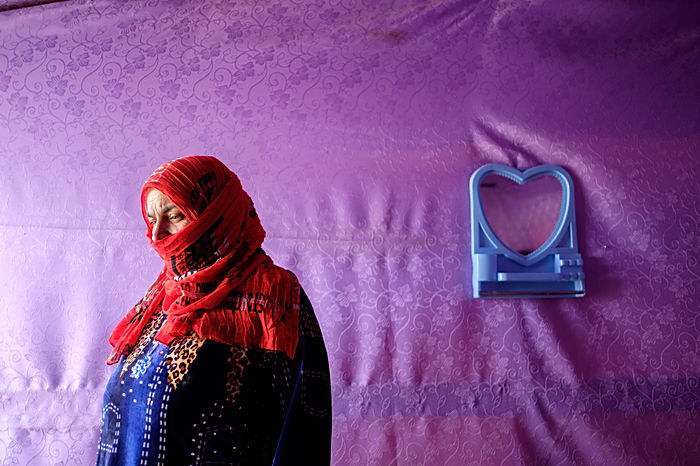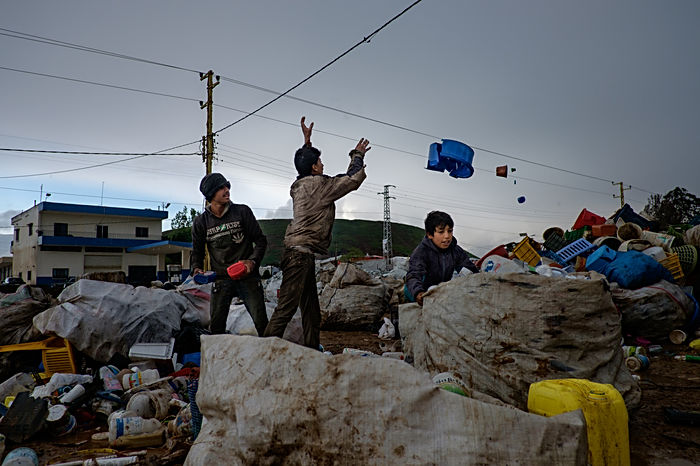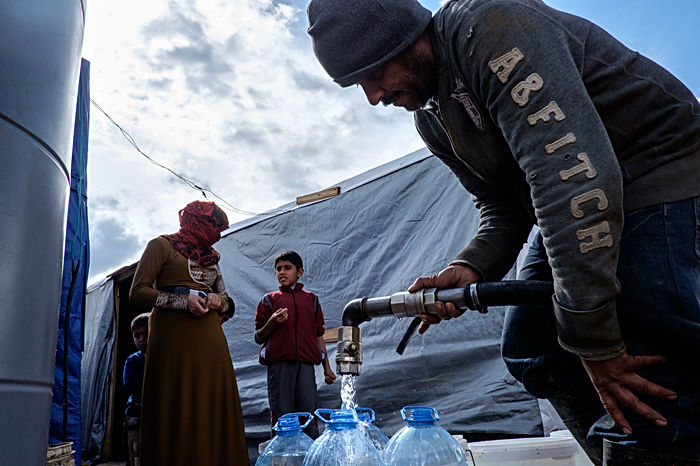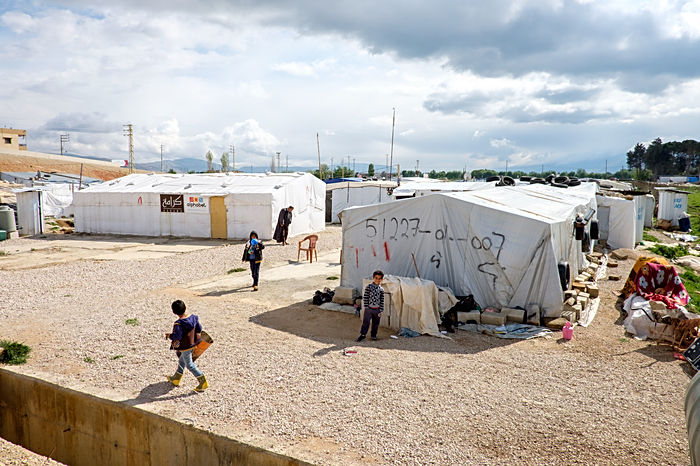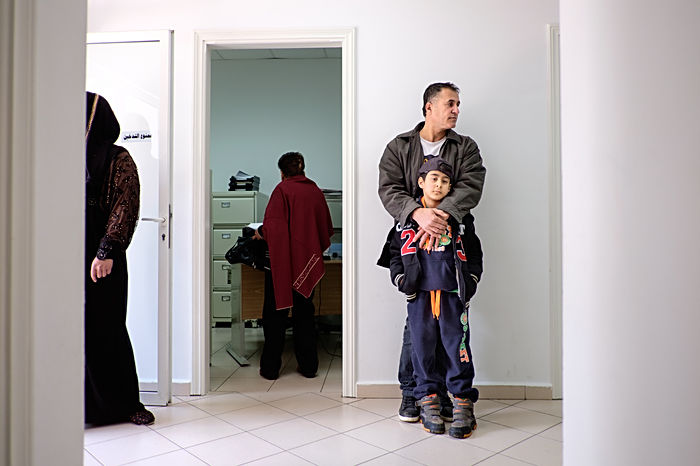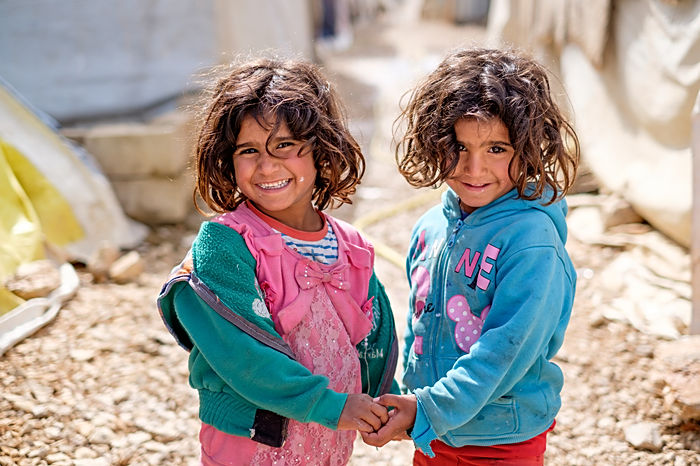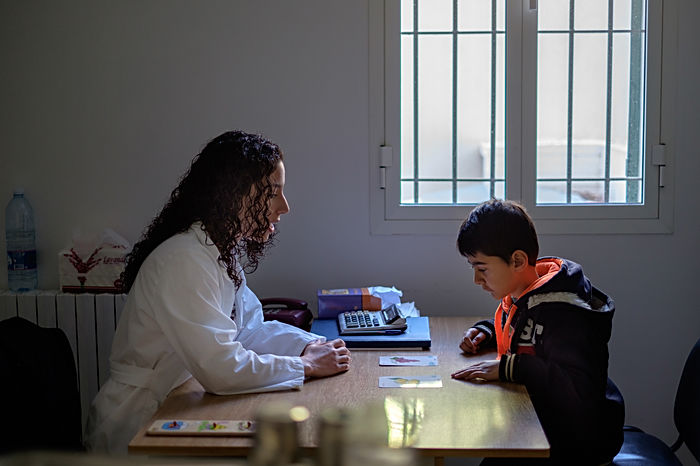photography by isabel corthier

LEBANON
The eight-year bloody civil war in Syria has left more than half the population displaced from their homes. By 2016 more than 4 million had fled their homeland to seek refuge in Lebanon, Jordan, Iraq and Turkey.
While on assignment for Caritas International Belgium I visited some of the informal settlements in the Bekaa valley in Lebanon, close to the Syrian border. The camp gave shelter to over 350 thousand Syrians by then.
People spoke of their lives before the war. They came from a good standard of living. Now their children struggle to get proper schooling and few of them can find jobs. I could feel their sadness and their lack of hope to return to the quality of life they once had on the other side of the mountain. A life they could never return to, because little remains of what they left behind.
In spite of their yearning to return home, the freezing winters, the danger of fires in their crowded camps, their dependence on NGOs for shelter, food and water, I noticed that the people had tried to make a home. It wasn’t the colourful fabrics, but their friendliness and hospitality that made me feel welcomed in their community.
Today (2019) Lebanon is literally on the verge of collapse: the influx of Syrian refugees (on top of the Iraqi and Palestinian refugees who were already there) is disrupting the fragile balance in society. The number of refugees is estimated at more than one in four inhabitants. The consequences are catastrophic for the economy, healthcare, education, the job market and rent prices. Caritas Lebanon is one of the largest local NGOs.
2016
The photos were used for the yearly fundraising campaign of Caritas International Belgium and were used worldwide by Caritas.
